Search Results
Showing results 81 to 100 of 374
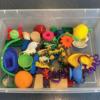
Sink or Float
Source Institutions
In this activity, learners explore and compare the buoyant properties of materials found in nature and in human-made materials.
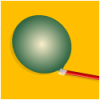
Rocket Pinwheel
Source Institutions
This is an activity about motion, power, air and Newton’s Third Law of Motion, which states that for every action there is an equal and opposite reaction.
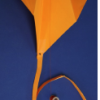
Kites
Source Institutions
In this engineering/design activity, learners make a kite, fly it, and then work to improve the design. Learners explore how their kite design variations affect flight.

Erosion
Source Institutions
In this activity, learners model erosion using a clear shoebox and sand or soil.
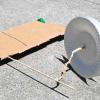
Rubber Band Racer
Source Institutions
In this activity, learners construct speedy vehicles made out of paper plates and powered by twisted rubber bands.
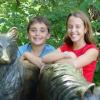
Animal Scent
Source Institutions
This activity (on page 3 of the PDF under GPS: Animal Scent Activity) is a full inquiry investigation into animal behavior.
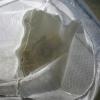
Collect Invertebrates to Determine Water Quality
Source Institutions
This activity (located on page 3 of the PDF under GPS: Alligator Habitat Activity) is a full inquiry investigation into organisms and the health of their ecosystems.
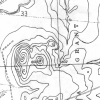
Blazing the Trail
Source Institutions
In this math lesson, learners estimate distances between landmarks and use a map and scales to determine the actual distances.
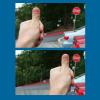
Experiencing Parallax With Your Thumb
Source Institutions
In this activity, learners investigate parallax, a method used to measure distances to stars and planets in the solar system.
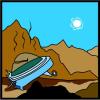
Chances Are: OH NO! Look Out Below for a UFO
Source Institutions
In this math lesson (on Page 13), learners predict and simulate the likelihood of an event occurring.
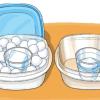
Save a Snowman
Source Institutions
In this activity, learners explore the concept of insulation by trying to keep Olaf the Snowman from melting. This activity encourages critical thinking and problem solving.
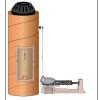
Rocket Wind Tunnel
Source Institutions
In this activity, learners evaluate the potential performance of air rockets placed inside a wind tunnel.
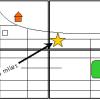
Solar System in My Neighborhood
Source Institutions
In this activity, learners shrink the scale of the vast solar system to the size of their neighborhood.
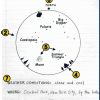
Stargazing
Source Institutions
In this nighttime, outdoor activity, learners keep a record of what they see in the sky by drawing constellations, the Moon, and making note of the weather and conditions each day.
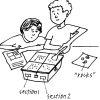
Pollen Tracks
Source Institutions
In this activity (on pages 30-36), learners simulate a dig for ancient pollen, to experience how paleobotanists study fossilized pollen in rocks to learn about early geological and climatological even
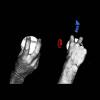
Thrown For A Curve: Pitch Like A Big Leaguer
Source Institutions
You may have tried to throw a curveball or a slider, or even a screwball, with an ordinary baseball and found it difficult to do.
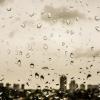
It's the "Rain," Man
Source Institutions
In this weather forecasting activity, learners use common materials to construct a rain gauge and measure daily, monthly, and yearly rainfall.
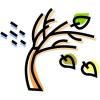
Where Does the Wind Blow?
Source Institutions
In this activity, learners investigate wind by comparing the force of wind in different locations. Learners build wind-o-meters out of wooden sticks and strips of paper.
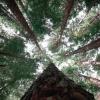
Tree Investigations
Source Institutions
In this activities, learners head outside and investigate trees through bark rubbings. Learners will need paper, a pencil, and some unwrapped crayons to create them.

OBIS Oil Spill
Source Institutions
In this outdoor activity, learners simulate an oil spill using popcorn (both oil and popcorn float on water), and estimate the spill's impact on the environment.
